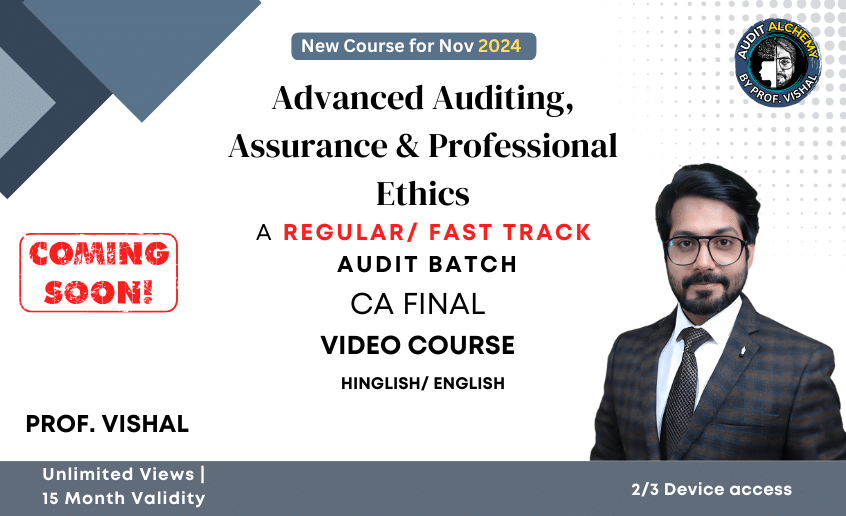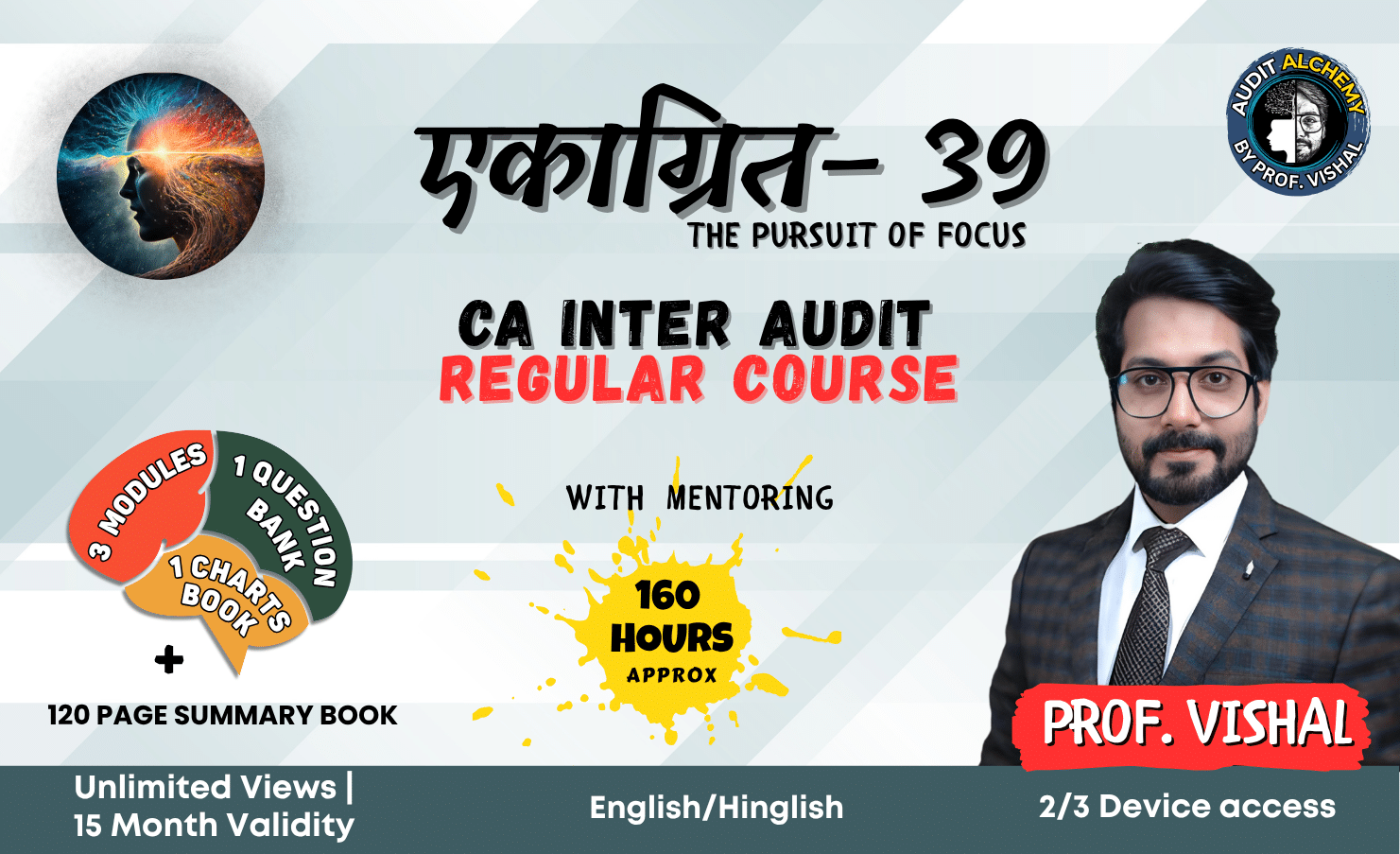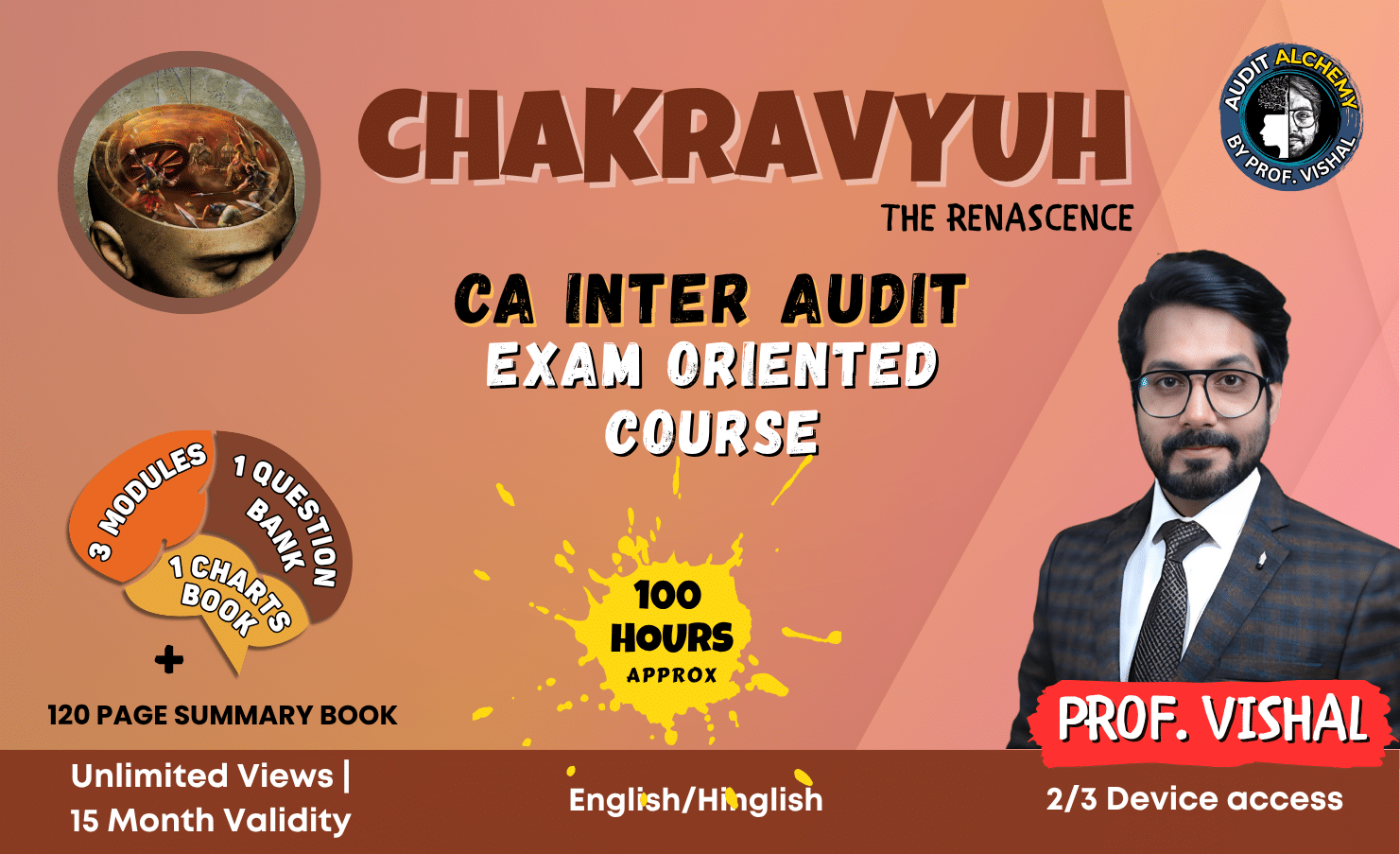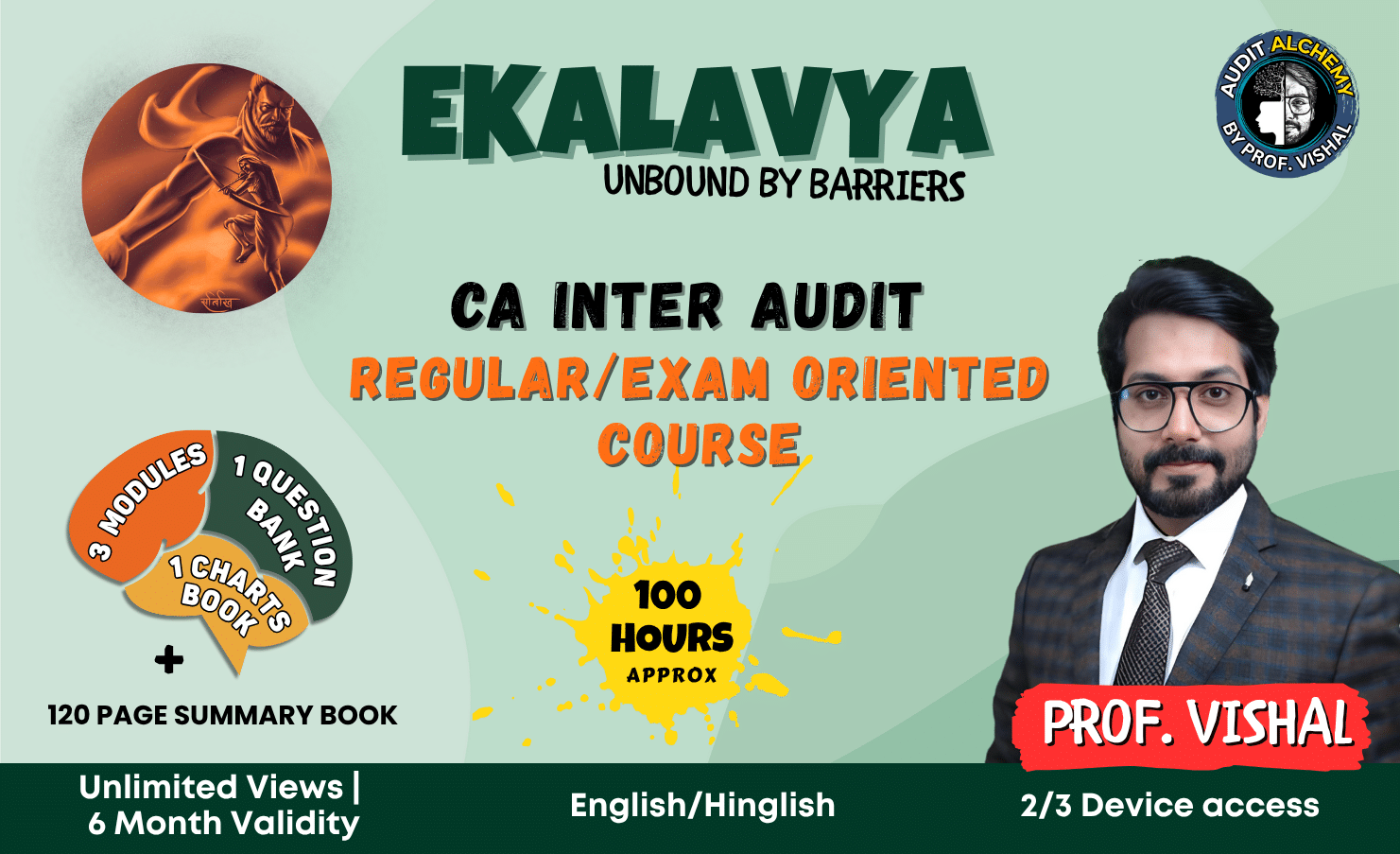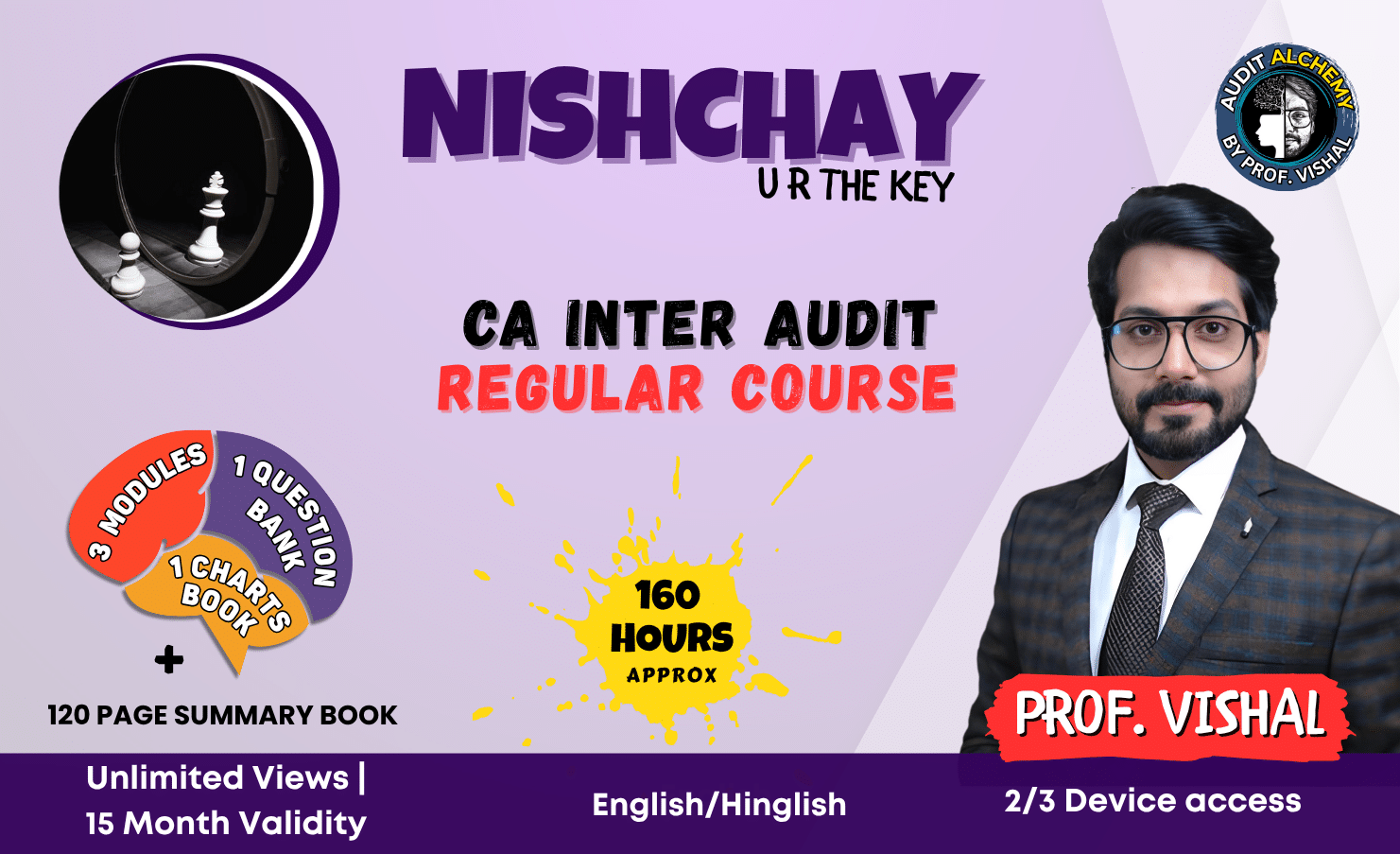Recently, Ajay Bhushan Pandey, the chairperson of India’s accounting watchdog, the National Financial Reporting Authority (NFRA), delivered a significant message during ASSOCHAM’s third International Conference on Financial Reporting and Control. He emphasized that it matters less whether auditors are expected to uncover fraud; what truly matters is their adherence to due processes. Whether they discover fraud or not, their responsibility lies in following these processes diligently.
While auditors are not tasked with uncovering every instance of fraud, their role holds immense importance in the financial ecosystem. It hinges on maintaining a delicate equilibrium between conducting comprehensive audits and remaining vigilant against potential fraudulent activities.
Understanding the Auditor’s Responsibilities
Auditors are independent professionals entrusted with the examination of an organization’s financial records, statements, and transactions.
Their primary duty is to provide assurance to various stakeholders, including shareholders, creditors, and investors, regarding the reliability and accuracy of the presented financial information. While their primary objective is not fraud detection, they must exercise vigilance throughout the auditing process.
Adhering to Audit Procedures
Audit procedures encompass a well-defined series of steps and methodologies designed to evaluate an organization’s financial health. These procedures encompass the assessment of internal controls, the execution of substantive tests, and the verification of financial data. By strictly adhering to these standardized processes, auditors can identify errors, misstatements, or potential irregularities in financial reporting.
The Essence of Professional Skepticism
Professional skepticism constitutes a mindset that auditors must maintain consistently during their engagements. It involves adopting a questioning attitude and critically evaluating the evidence collected throughout the audit.
Although auditors are not fraud investigators, the tenets of professional skepticism empower them to remain cautious, inquisitive, and vigilant for any signs of potential fraud or material misstatements.
Spotting Warning Signs
While auditors are not expected to actively seek out fraud, they have an obligation to report any suspicious discoveries or warning signs encountered during the audit. These indicators could include anomalous transactions, inconsistencies, or potential conflicts of interest.
By drawing attention to such anomalies, auditors contribute to the prevention and early identification of fraudulent activities.
Enhancing Corporate Governance
Auditors’ unwavering commitment to upholding professional skepticism and adhering to audit procedures plays a pivotal role in enhancing corporate governance practices within organizations. By promoting transparency, accountability, and ethical conduct, auditors foster an environment that discourages fraudulent behavior.
In Conclusion
In conclusion, auditors occupy a critical position in the financial realm by furnishing stakeholders with assurance regarding the accuracy and dependability of financial statements. While their primary role does not involve the discovery of fraud, auditors must diligently adhere to audit procedures and sustain a mindset of professional skepticism. In doing so, they contribute significantly to the prevention and early detection of potential irregularities, bolstering trust and integrity within the financial ecosystem.




